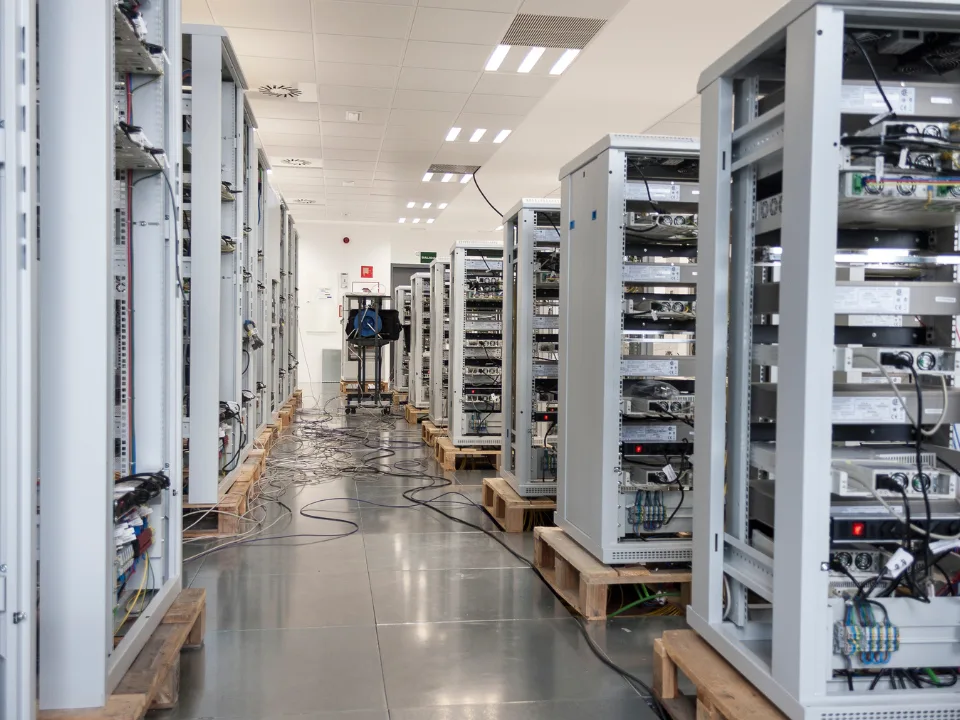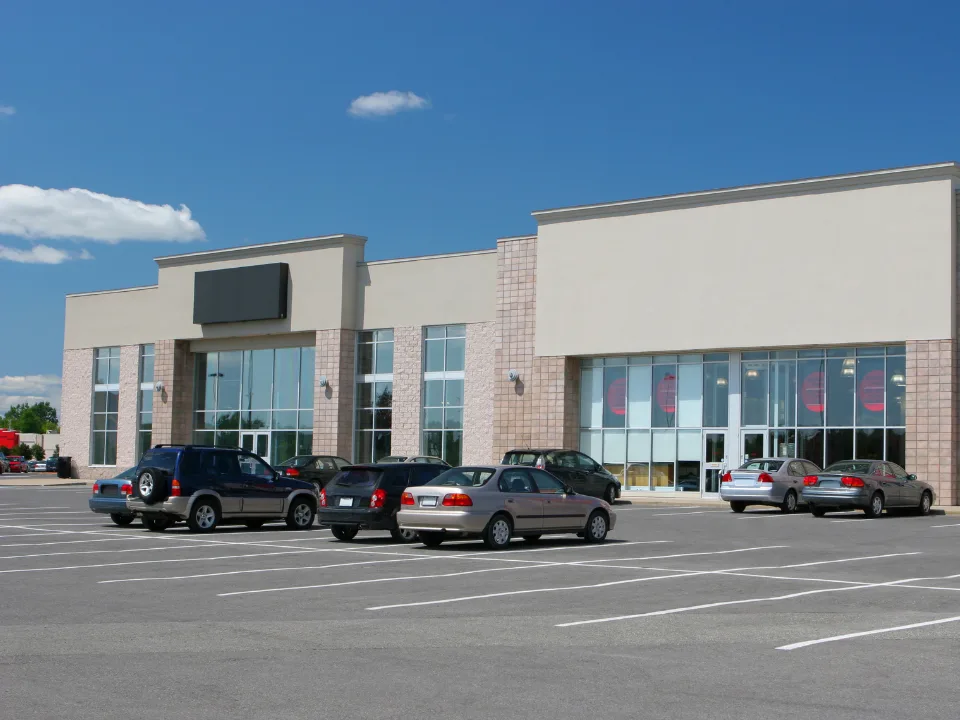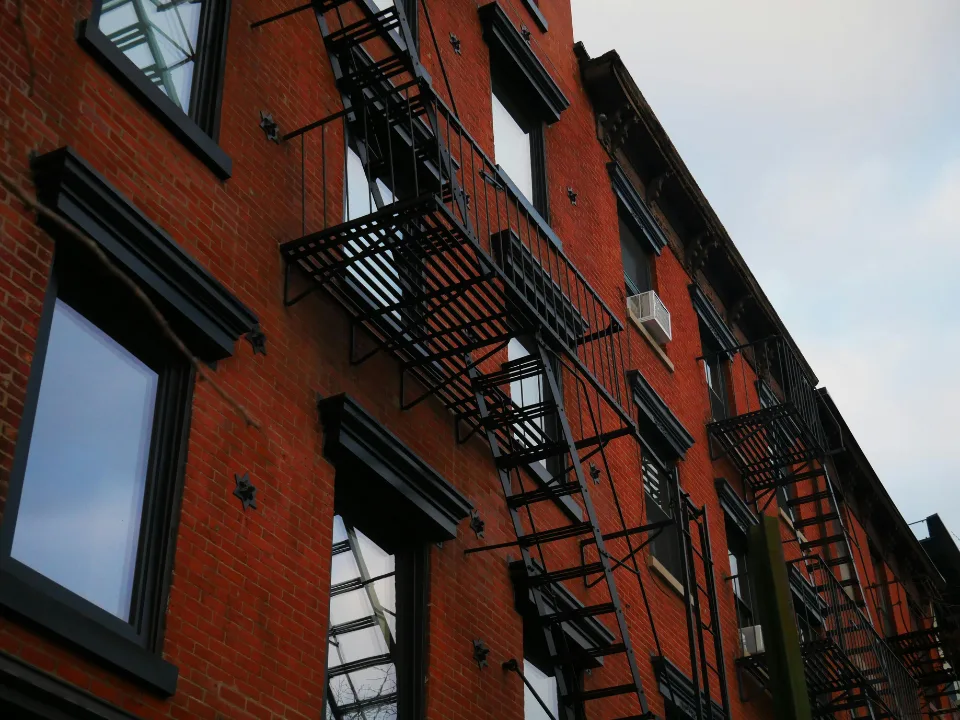- President Trump’s new tariffs, dubbed “Liberation Day” levies, hit imports from over 150 countries with rates as high as 46%, sparking global market sell-offs and uncertainty across U.S. real estate.
- The CRE sector is bracing for major construction cost increases, especially for materials, with developers now reconsidering or pausing projects due to unpredictable pricing.
- REITs and brokerages were hit hard in the market fallout—hotel REITs fell over 9%, industrial REITs dropped 8%, and major brokerages like CBRE and JLL each lost over 7%.
- A surge in project delays and abandonments has followed the announcement, with developers like Snell Properties and Intel citing tariffs as factors in halting or scaling back developments.
- Despite short-term disruption, some investors may see CRE as a haven from volatile equity markets, echoing patterns seen during the 2000 tech bubble.
A Day of Uncertainty
President Donald Trump’s latest tariff package—announced as part of a “Liberation Day” initiative—imposes at least a 10% levy on imports from more than 150 countries. The measures hit some nations significantly harder, including a 46% tariff on goods from Vietnam and 34% on imports from China, according to Bisnow. In response, China introduced matching tariffs on U.S. goods.
The news, delivered during a Rose Garden appearance, triggered immediate market volatility. The S&P 500 and Nasdaq fell nearly 5% and 6%, respectively, marking their biggest single-day losses since 2020.
While Trump framed the move as a bold return to U.S. manufacturing dominance, industry leaders expressed deep concern over its immediate effects.
Real Estate Stocks Slide:
The CRE market didn’t escape the broader financial hit:
- The Nareit Equity REIT Index fell 3%.
- Hotel and industrial REITs dropped 9% and 8%, respectively.
- Brokerages CBRE, JLL, and Cushman & Wakefield saw losses between 7% and 9%.
Get Smarter about what matters in CRE
Stay ahead of trends in commercial real estate with CRE Daily – the free newsletter delivering everything you need to start your day in just 5-minutes
Construction Cost Shock
One of the most immediate impacts is the anticipated increase in construction material costs, which industry leaders warn could derail underwriting and force developers to raise sale prices or cancel deals altogether.
Sources noted that the timeline for implementation and potential exemptions remain unclear, which is compounding uncertainty in both leasing and development pipelines.
Some developers are now seeking guaranteed maximum price (GMP) contracts to lock in construction costs and avoid future surprises.
Projects in Peril
The effect is already visible. Snell Properties paused two residential towers in Arlington, VA, citing tariff uncertainty. Intel delayed its Ohio One semiconductor facility, pointing to the chilling impact of tariffs on customer demand.
Data backs up the anecdotal trend: ConstructConnect’s project stress index showed project abandonments up 41% YTD and 9.5% in March alone.
Reshoring Silver Lining?
Not all outcomes are negative. Some see the tariffs as a catalyst for reshoring industrial activity. According to Newmark, more than $33B in major U.S. manufacturing investments have been announced over the past three months—particularly in advanced manufacturing.
Still, Newmark’s research also shows that persistent policy uncertainty is prompting occupiers to pause leasing and investment decisions, especially for large-scale industrial assets.
Looking Ahead
Whether these tariffs stick or are rolled back, as has happened in previous Trump trade moves, the damage to CRE confidence may already be done. Many in the industry now face a new wave of decision-making paralysis.
Still, some observers believe CRE could ultimately benefit from the turmoil if investors shift from volatile equities to real assets—a trend seen during past market corrections.
















